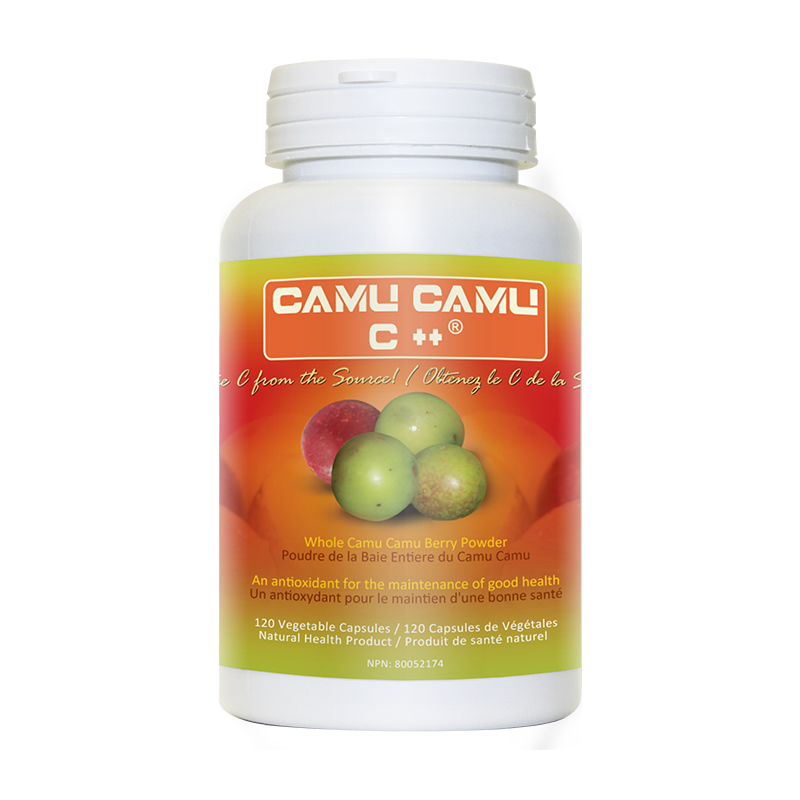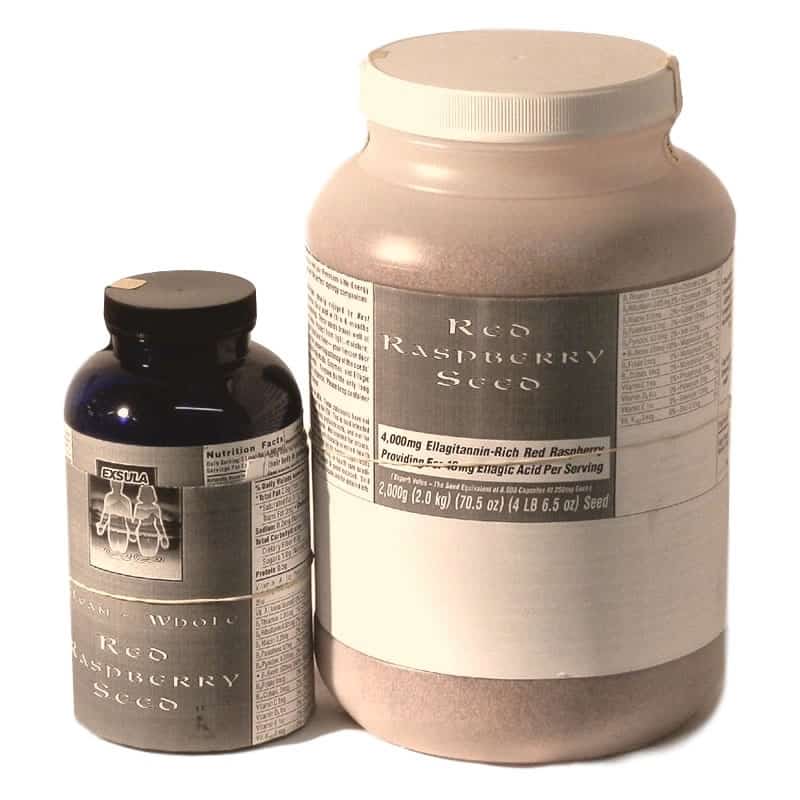No products in the cart.
Blueberries
- A 1/2 cup (72 grams) of blueberries contains approximately 40 calories.
- Very good source of Vitamin C and manganese.
- Good source of Vitamin E, copper and Vitamin B.
- Rich in beta-carotene, folic acid, iron and potassium.
- Blueberries are naturally free of fat, cholesterol and sodium.
- Production of blueberries has increased by over 14% in recent years.
- The United States exports over 43 million pounds of blueberries a year.
- Billberries are the European cousin to the blueberry.
- Ranked Number 1 in antioxidant activity compared to other fruits and vegetables due to the high content of both Vitamins A and C.
History
Blueberries are native to North America and were used extensively by the Native Americans. The growing season was very short so the Natives would harvest the berries so that they could enjoy them throughout the year. The fresh or dried berries were used as a flavoring for many foods including soups and stews. They were also pounded into meat and then smoked and dried. They were also used by the Native Americans to make a pudding called “Suatauthig”. Certain Native American Indians were known to admire the blueberry because the blossom at the end of the fruit forms a five pointed star. It was believed that these “Star Berries” were a gift from the Great Spirit, sent to relieve the hunger of the children during times of famine.
It has been recorded that the root of the blueberry plant was used to make tea for medicinal purposes. This tea was often given to Native women and to the wives of the earlier settlers, as it was said to comfort and relax them during labor. The tea made from the leaves of the blueberry plant was also thought to purify the blood. The tea was also given as a cough suppressant and was given to treat diarrhea. Blueberries were not consumed in great amounts by the Colonists until around the mid-19th Century. It is believed that this can be related to the tart flavor of the berry. Blueberries gained popularity when sugar was widely available as a sweetener.
Benefits
Blueberries are full of nutrients and flavor. Out of 60 fruits and vegetables, they ranked highest in their ability to destroy free radicals: their antioxidant capabilities. These antioxidants aid in the neutralization of harmful byproducts of metabolism which can lead to glaucoma, cataracts, peptic ulcers, heart disease and cancer. The pigment which makes blueberries blue (anthocyanin) have been shown to enhance the effects of Vitamin C. Research has shown that consuming blueberries can actually reduce “oxidative stress”, which is one of the factors related to aging. Due to the fact that the body does not have the ability to rid itself of toxins, oxidative stress leads to cell death and tissue damage.
Wild blueberries have very high concentrations of anthocyanin, a natural compound linked to many health benefits including reducing eyestrain and improving night vision. Extracts were used in numerous studies to prove that they also promote quicker adjustment to darkness. Blueberries contain some of the same substances as cranberries (proanthocyanidins) and may help to promote urinary tract health and reduce the risk of bacteria. This compound appears to prevent bacteria from adhering to the cells which line the walls of the urinary tract. Blueberries have also been shown to relieve both diarrhea and constipation. This is due to the fact that they contain tannins, which act as astringents in the digestive system and reduce inflammation. Blueberries are also loaded with pectin, a soluble fiber that is also known to help relieve diarrhea.
Class: Magnoliopsida
Order: Ericales
Family: Ericacea







